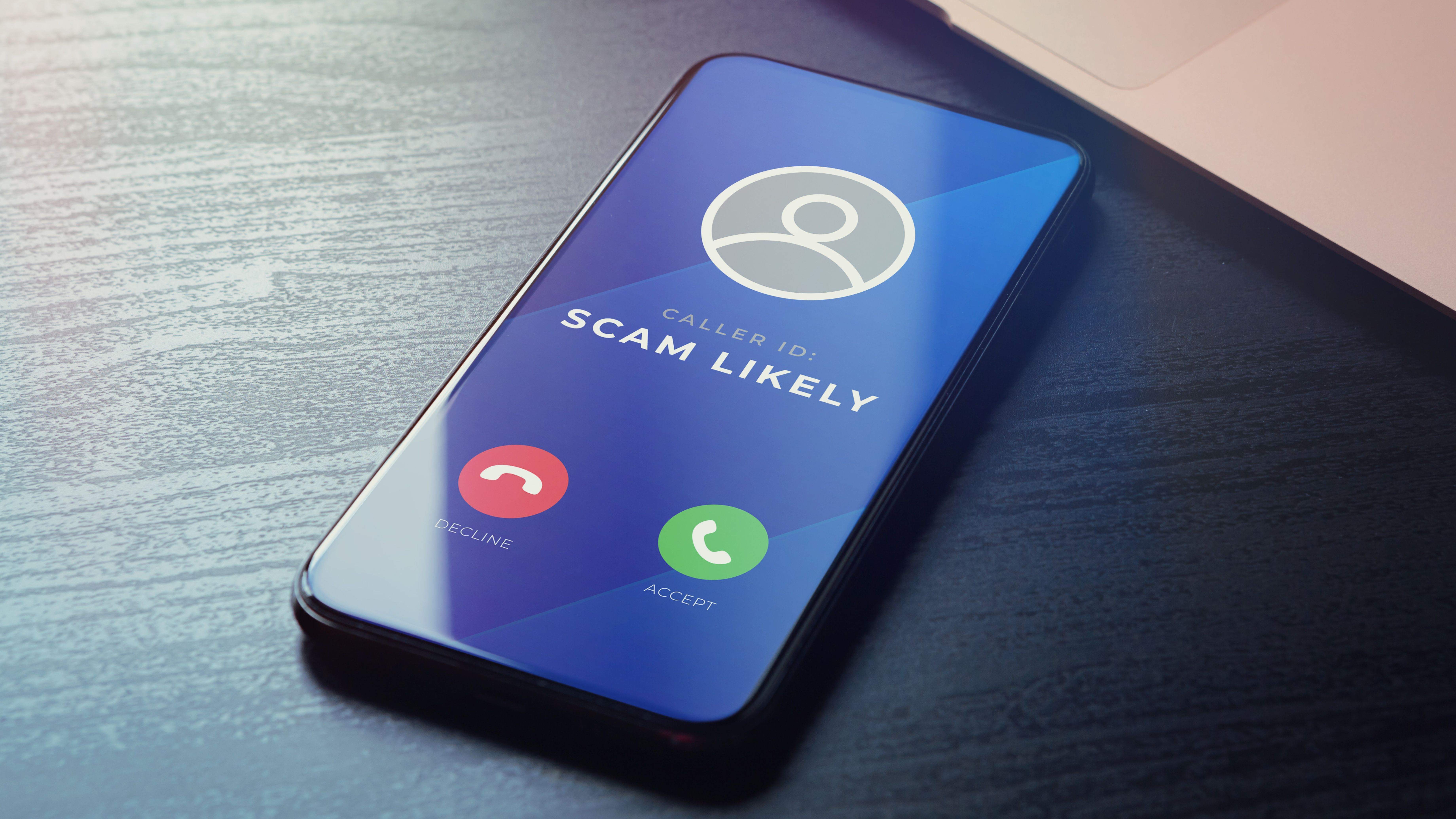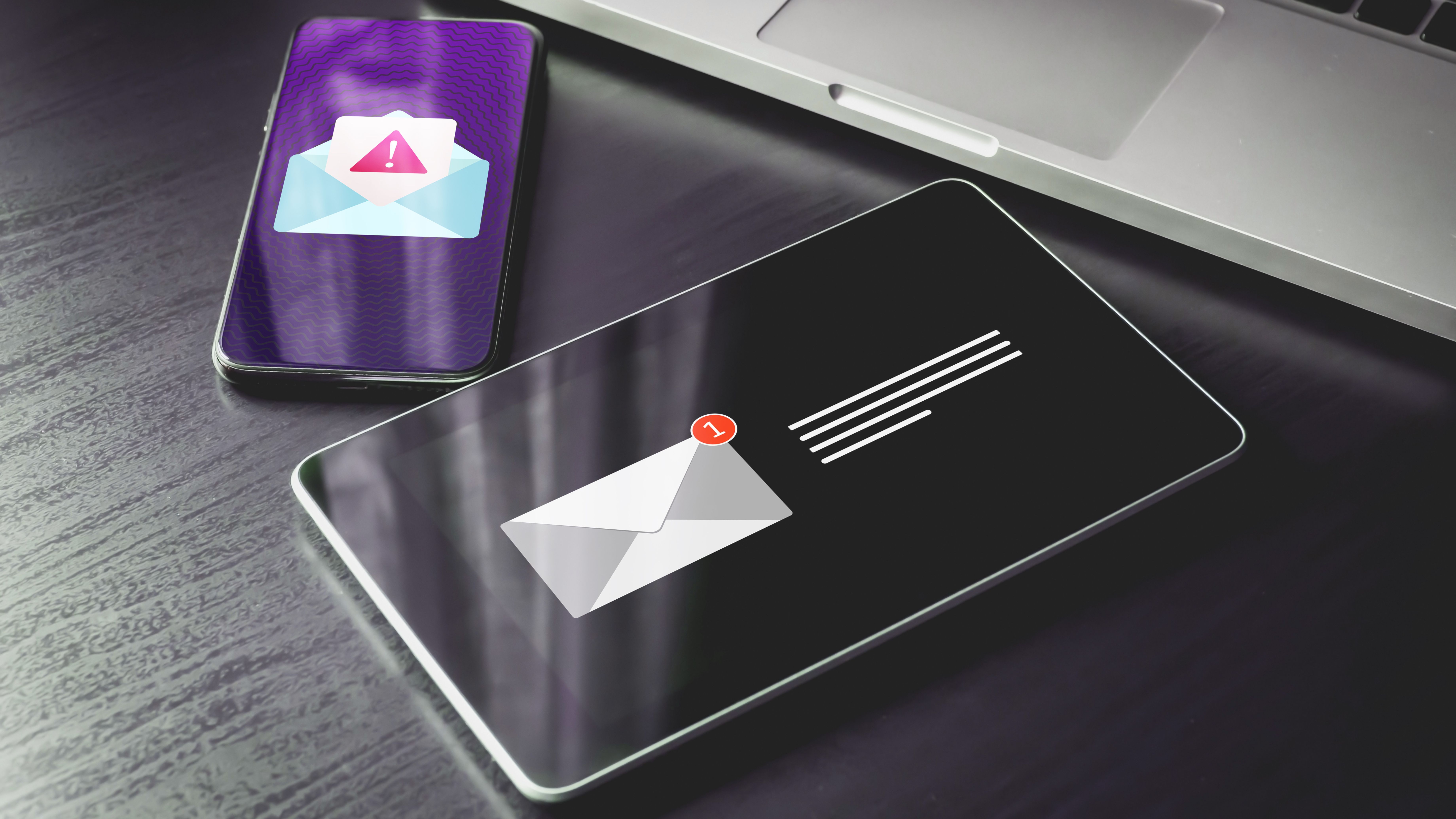
10 Scary Things Hackers Can Do with Just Your Email Address


1. Social Engineering Attacks
Hackers can use the data they find in your email to create compelling social engineering attacks. They might impersonate someone you know or create scenarios that prompt you to reveal more information. Always verify the identity of the person you’re communicating with, especially if they ask for sensitive information.
See also - Is Your Android Hacked? Here’s How to Spot the Signs

2. Spamming and Scamming
Hackers can use your email address to send spam or scam emails to your contacts, posing as you. This can damage your reputation and lead to your contacts falling for scams. Hackers can impersonate you, send messages to your loved ones soliciting money, or send disguised links to malware sites that spread viruses on the victim’s phone. Be cautious about sharing your email address publicly and consider using separate email addresses for different purposes.

3. Identity Theft
With access to your email, hackers can gain personal information from your email conversations, such as your full name, address, phone number, and other sensitive details such as your SSN or National Insurance Number. This information can be used to impersonate you and commit identity theft. Regularly review your email for suspicious activity.
See also - Essential Tips to Keep Hackers at Bay

4. Phishing Attacks
Hackers can send you phishing emails that appear to be from legitimate sources. These emails often contain links to fake websites designed to steal your login credentials or personal information. Some popular incidents include PayPal, banking, tech support, job offers, and antivirus scams. Always verify the sender’s email address and look for signs of phishing before clicking any links.

5. Subscription and Account Hijacking
With access to just your email address, hackers can hijack your subscriptions and online accounts, changing passwords and locking you out. This can include streaming services, cloud storage, banking and more. Keep track of your account activity and report any unauthorized changes immediately.
See also - Why Does Your Android Phone Show “No Service”

6. Password Reset Exploitation
Many online services allow users to reset their passwords via email. If a hacker gains access to your email, they can initiate password reset requests and take control of your accounts. Enable two-factor authentication (2FA) to add an extra layer of security.

7. Data Breaches
Your email address is often used as a login credential for various online services. If one of these services experiences a data breach, your email address, along with other personal information, can be exposed. Use unique, strong passwords for each account and change them regularly. There are online services you can use to protect and remove your personal data, and to get alerts when your email address is involved in a data breach. -Such as Incogni.

8. Access to Other Accounts
Many people use the same password for multiple accounts. If a hacker gains access to your email account, they can try using the same credentials to access other services like social media, banking, and shopping sites, or they might brute force similar variants of your passwords. Avoid reusing passwords and use a password manager to keep track of them.

9. Financial Fraud
Hackers can track your email for financial information such as bank statements, credit card numbers, and online shopping receipts. They can use this information to commit financial fraud, including unauthorized purchases and bank transfers. Regularly monitor your financial accounts for any suspicious activity.
See also - Android Phone keyboard not working?

10. Spreading Malware
Hackers can forward malware-infected attachments or links to your contacts from your email address. This malware can steal your private information, encrypt files for ransom, or provide remote access to the hacker. Ensure you have updated antivirus software and educate yourself on recognizing suspicious emails.

Contact
Protect your online privacy with our trusted partner:
Surfshark VPN ($1.99/mo + 4 FREE months)
30-day money-back guarantee
